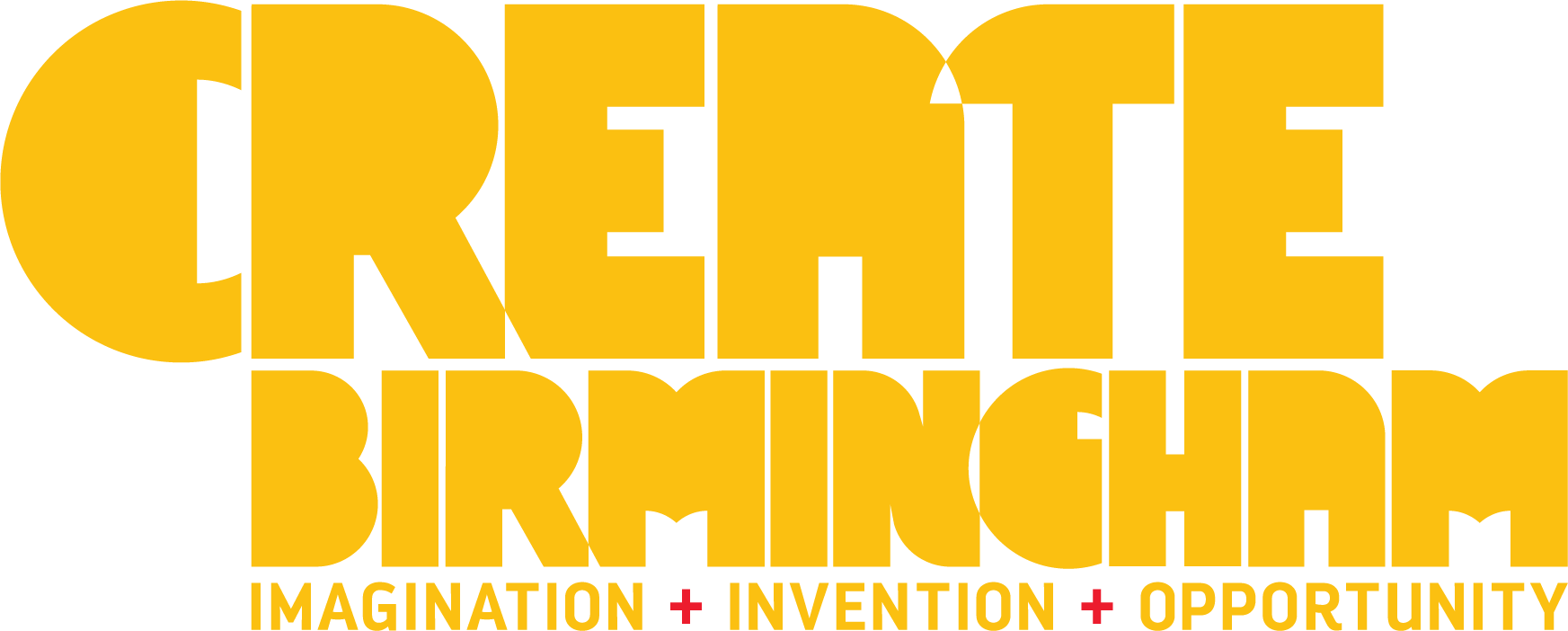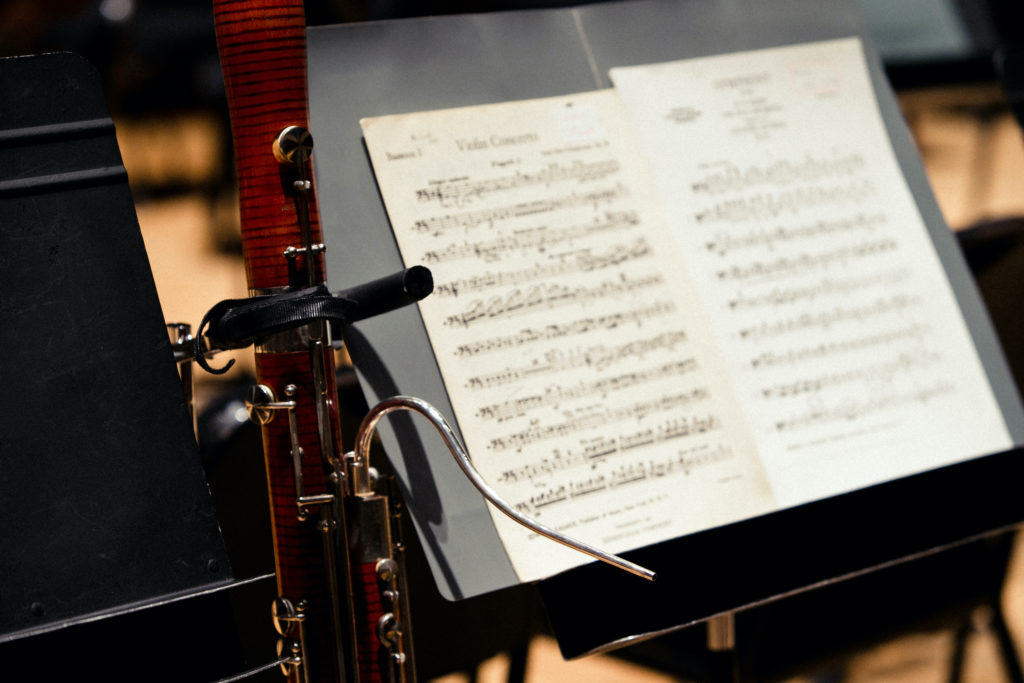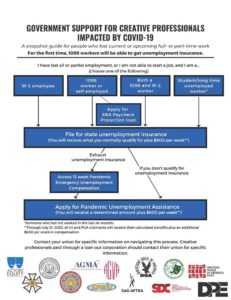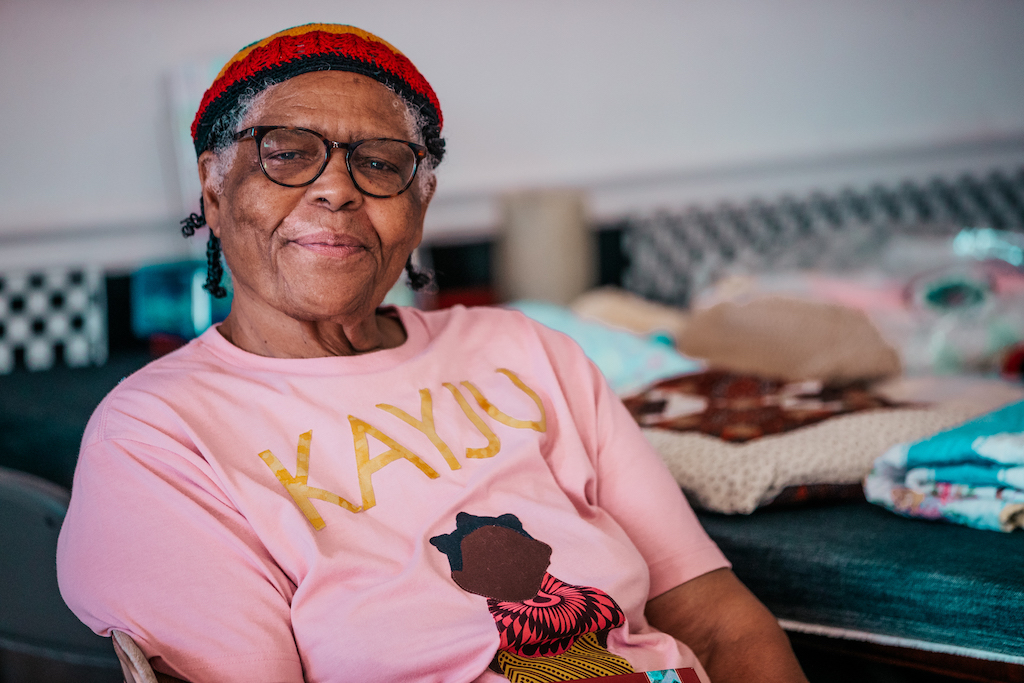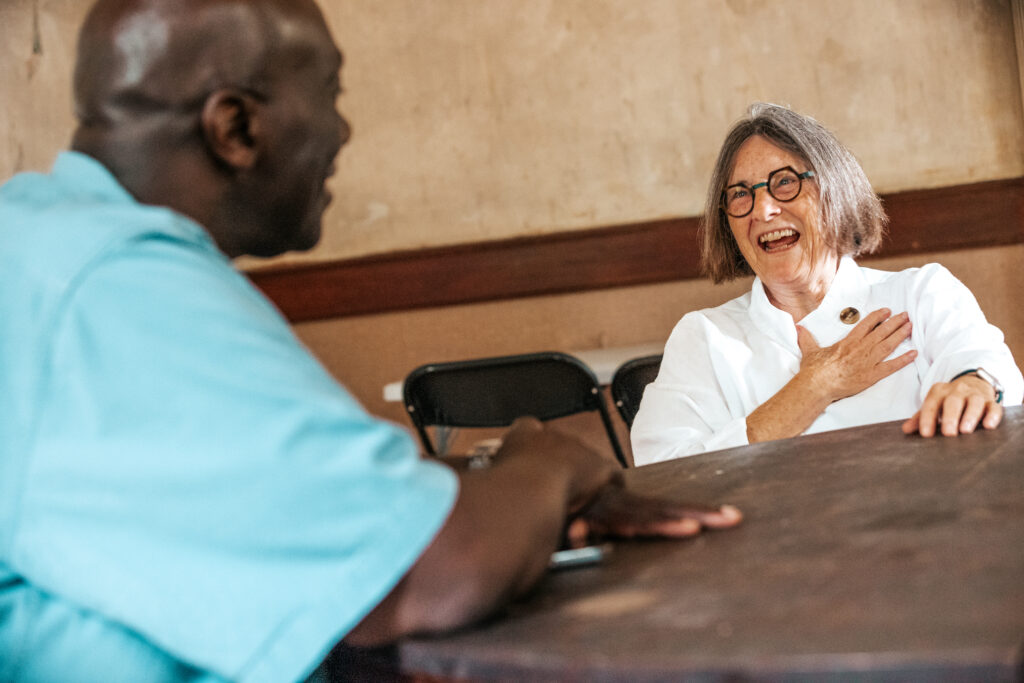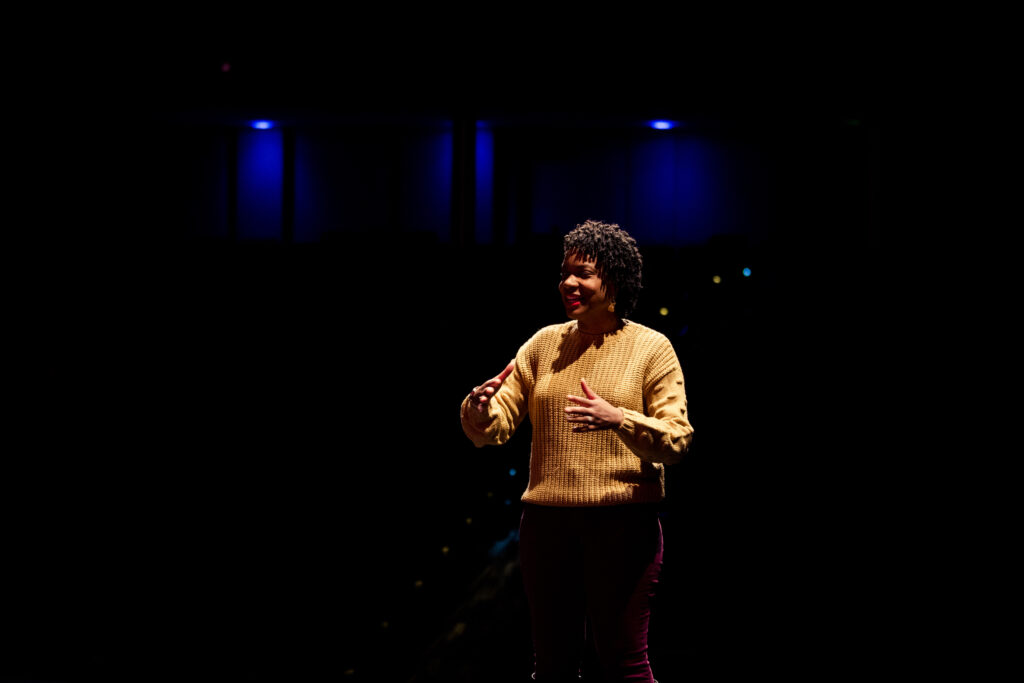Last week, the Coronavirus Aid, Relief, and Economic Security Act (CARES ACT), was signed into law. The $2 trillion emergency stimulus package includes direct support for both nonprofit cultural organizations and state and local arts and humanities agencies, as well as economic relief provisions for independent contractors, “gig economy” workers and artists, entrepreneurs, and small businesses working in the creative economy.
The nation’s arts and culture industry is experiencing devastating economic losses with closed venues and canceled performances, exhibitions, and events as a result of the pandemic. The bill includes the following arts-related items to address the continuing damage caused by the COVID-19 virus:
Federal Arts Funding
- $75 million for the National Endowment for the Arts
- $75 million for the National Endowment for the Humanities
Special note: All these new fast-track grants will be for general operating support with no match. These funds are a supplement to existing annual NEA and NEH appropriations.
Community Development Block Grants, Small Business Administration, and Unemployment Insurance
- $5 billion for Community Development Block Grants to cities and counties. Arts groups should work directly with their mayors and local economic development offices for grant support.
- $350 billion for Small Business Administration (SBA) emergency loans of up to $10 million for small businesses—including nonprofits (with less than 500 employees), sole proprietors, independent contractors, and self-employed individuals (like individual artists)—to cover payroll costs, mortgage/rent costs, utilities, and other operations. These loans can be forgiven if used for those purposes.
- $10 billion for Emergency Economic Injury Disaster Loans (EIDL) for loans up to $10,000 for small businesses and nonprofits to be used for providing paid sick leave for employees, maintaining payroll, mortgage/rent payments, and other operating costs;
- Expanded Unemployment Insurance (UI) that includes coverage for furloughed workers, freelancers, and “gig economy” workers. The bill also increases UI payments by $600/week for four months, in addition to what one claims under a state unemployment program.
Charitable Giving Tax Deduction
An “above-the-line” or universal charitable giving incentive for contributions made in 2020 of up to $300. This provision will now allow all non-itemizer taxpayers (close to 90% of all taxpayers) to deduct charitable contributions from their tax return, an incentive previously unavailable to them. Additionally, the stimulus legislation lifts the existing cap on annual contributions for itemizers from 60 percent of adjusted gross income (AGI) to 100 percent of AGI for contributions made in 2020.
Throughout this crisis, Create Birmingham will share critical information regarding guidelines and deadlines for the economic relief opportunities available to the Birmingham creative community. We also encourage you to visit the Arts Mobilization Center and COVID-19 Resource Center information provided by Americans for the Arts.
